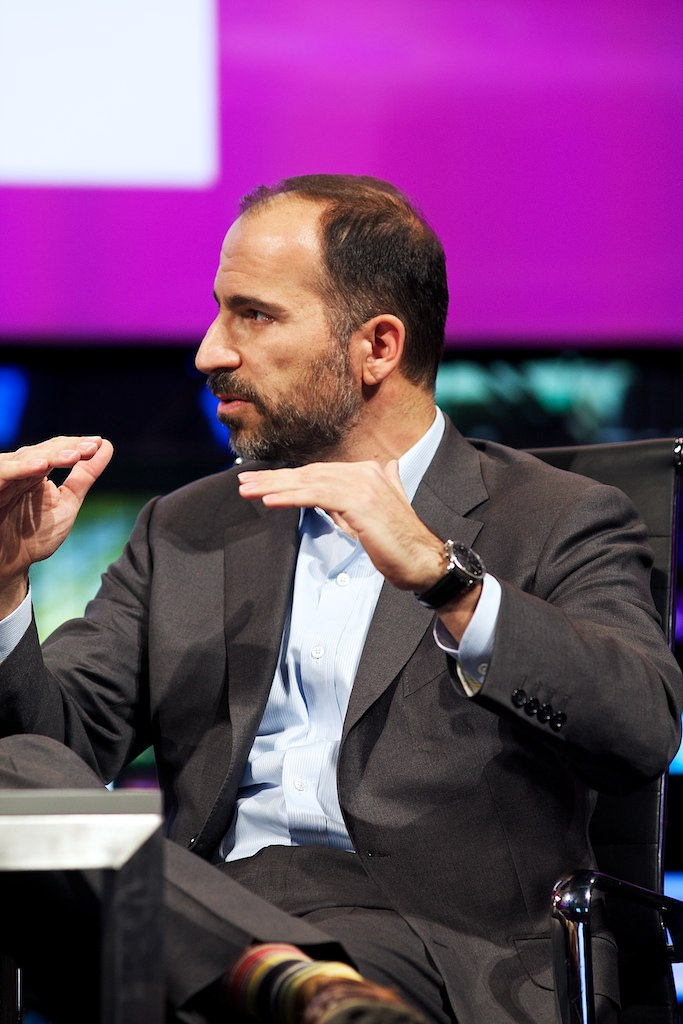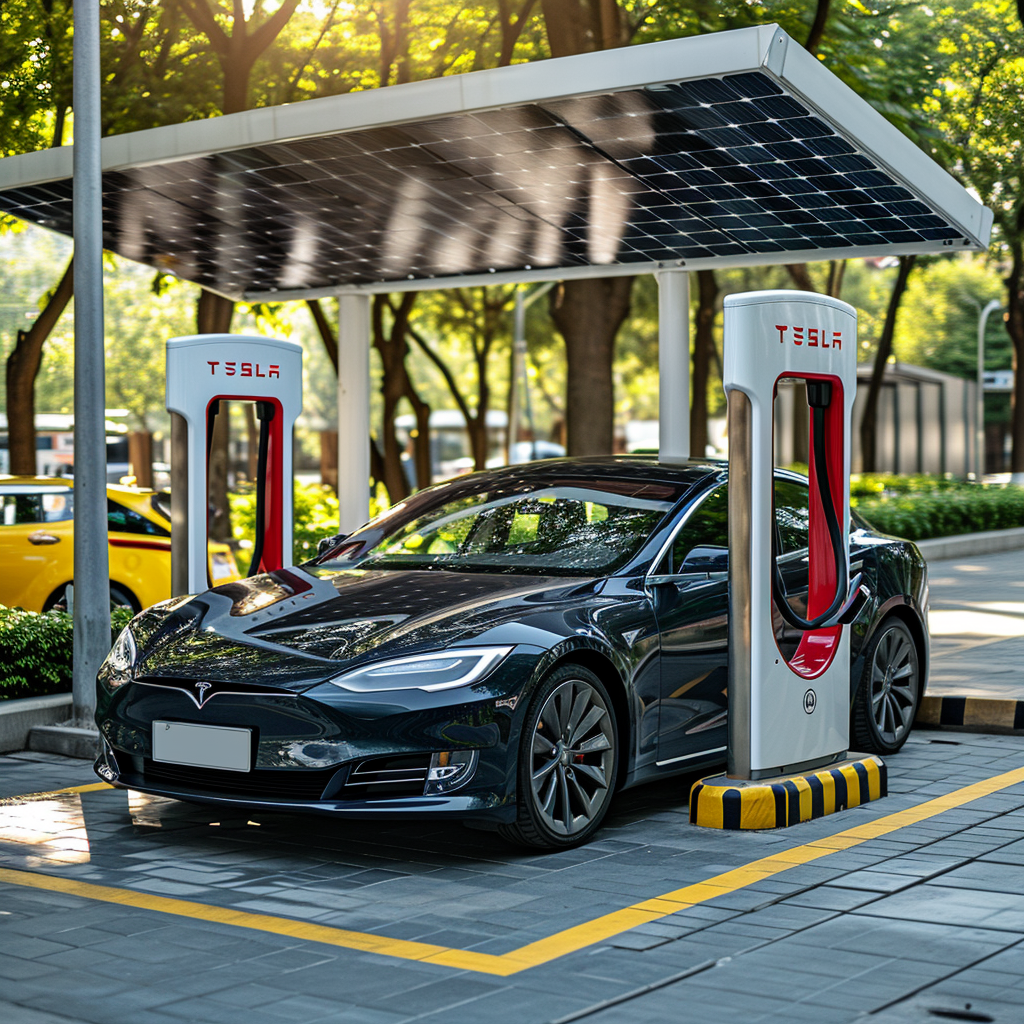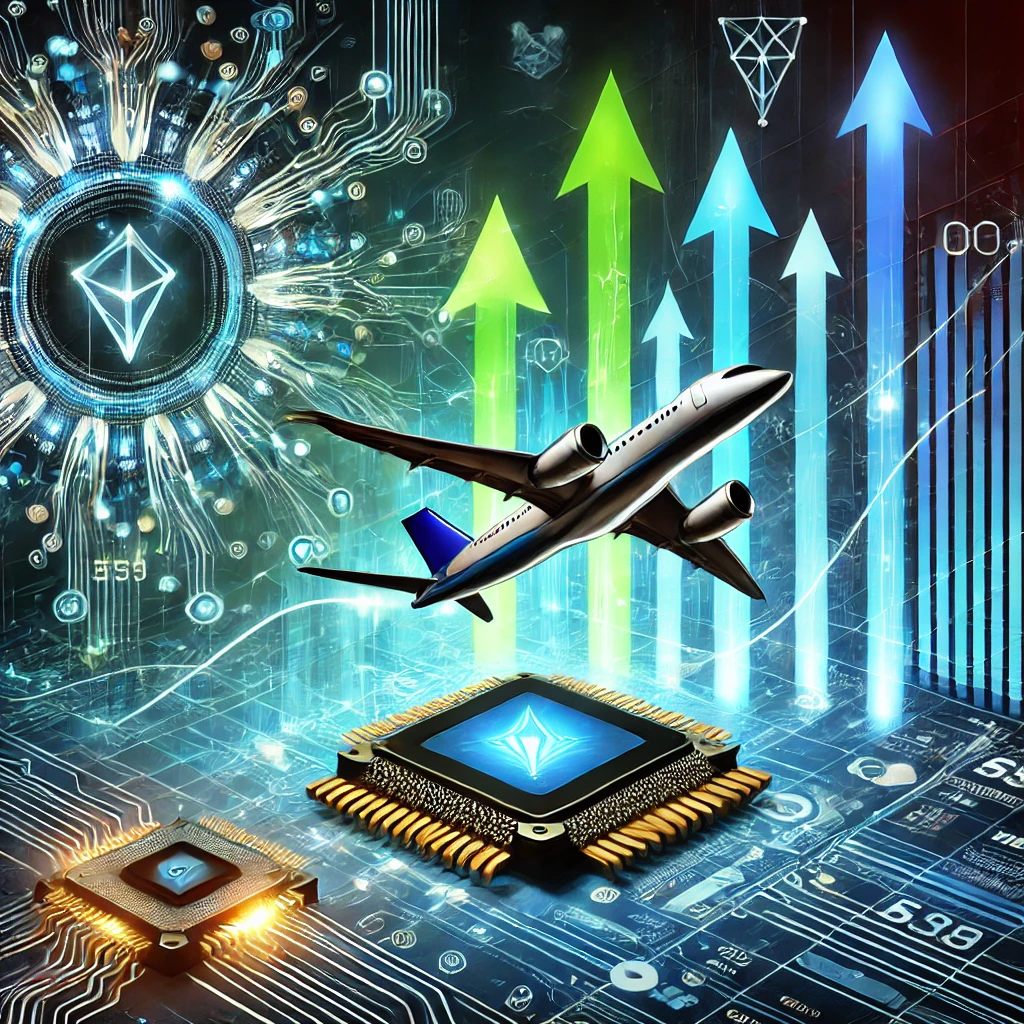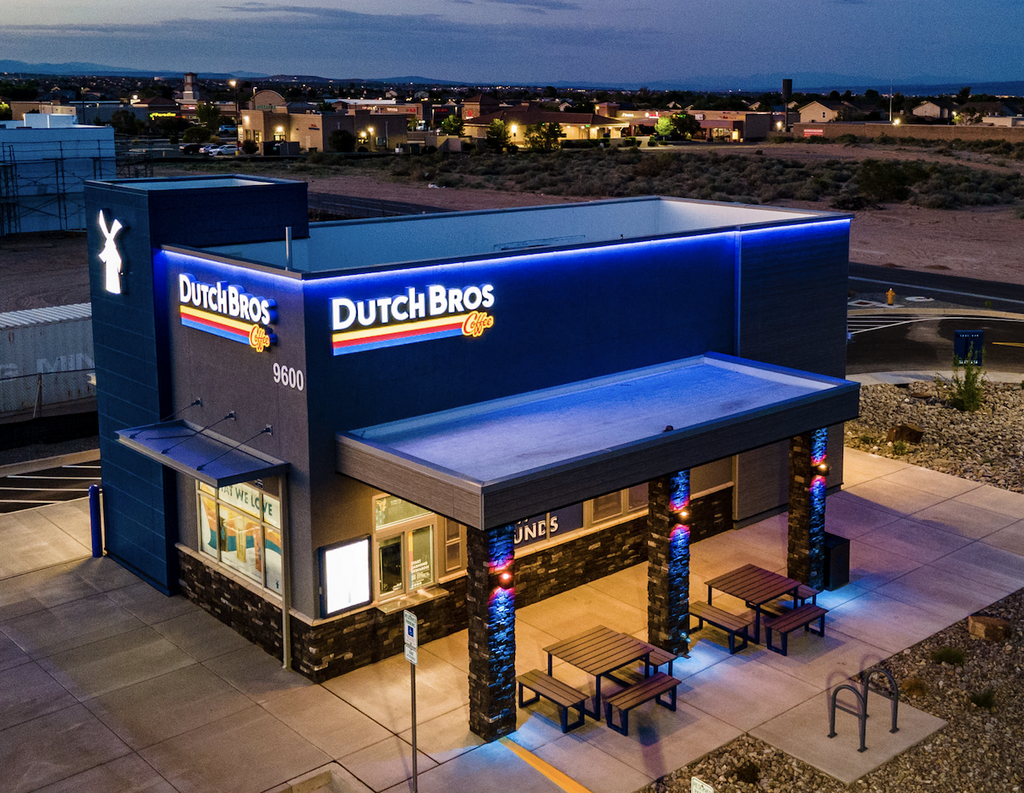
The ongoing wage controversy in Seattle has drawn significant attention, particularly due to claims made by Uber CEO Dara Khosrowshahi. The debate centers around Seattle’s recently implemented minimum wage law for app-based workers, which mandates a minimum wage of $26.40 per hour for delivery drivers. This legislation, part of the broader “PayUp” initiative, has sparked fierce reactions from both tech companies and gig workers.
Khosrowshahi and other industry leaders argue that the high minimum wage is detrimental to both workers and the broader economy. They claim that the new wage floor has led to significant reduction in the number of delivery orders, as companies like DoorDash and Uber Eats struggle to absorb the increased labor costs. According to DoorDash, the volume of orders placed on their platform in Seattle has dropped dramatically since the law’s implementation, leading to millions of dollars in lost revenue for local businesses. They argue that fewer delivery opportunities are available, resulting in longer wait times and lower overall earnings for drivers, contrary to the law’s intentions.
On the flip side, many gig workers have welcomed the higher wages. Some drivers report that their incomes have nearly doubled, allowing them to work fewer hours and enjoy a better work-life balance. This discrepancy in experiences has fueled the controversy, as some workers thrive under this new law while others, particularly those dependent on high delivery volumes, have struggled with reduced opportunities.
The debate continues as Seattle’s City Council faces pressure from both sides. Companies like Uber and DoorDash are lobbying for a rollback of the wage law, while many workers and labor advocates are fighting to maintain the protections that have improved their earnings.
While the $26.40 minimum wage in Seattle has benefited some gig workers, it has also led to unintended consequences, such as decreased business for delivery platforms and fewer job opportunities, sparking a complex debate about the future of gig work in the city.








